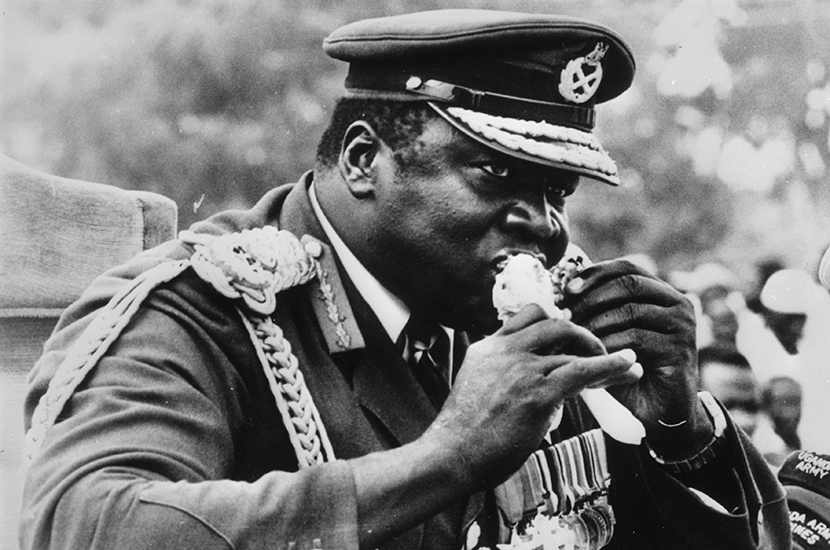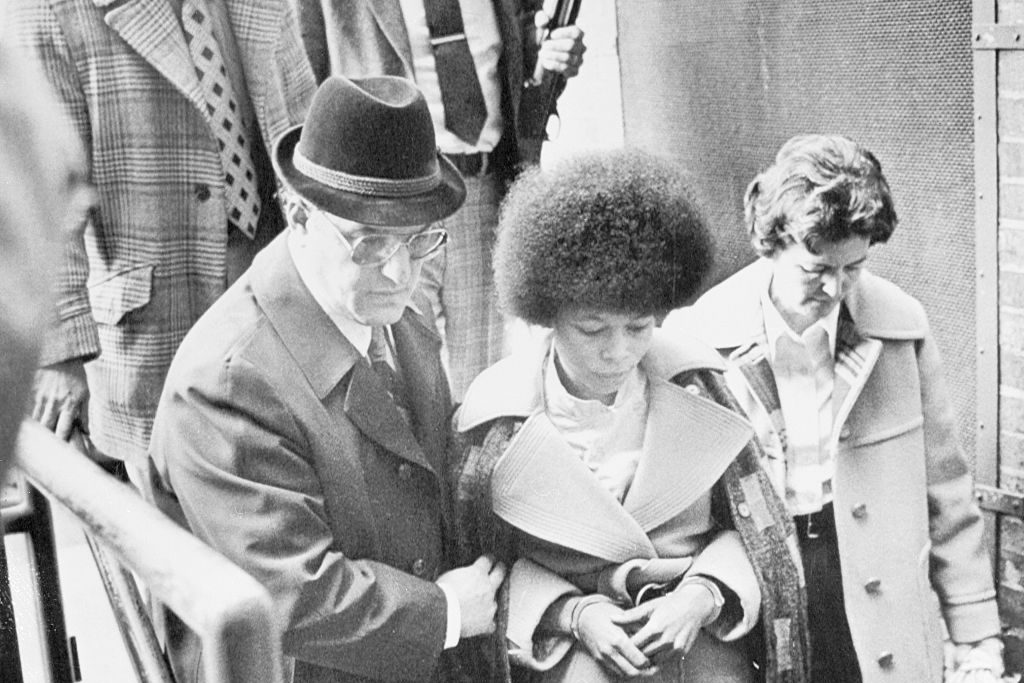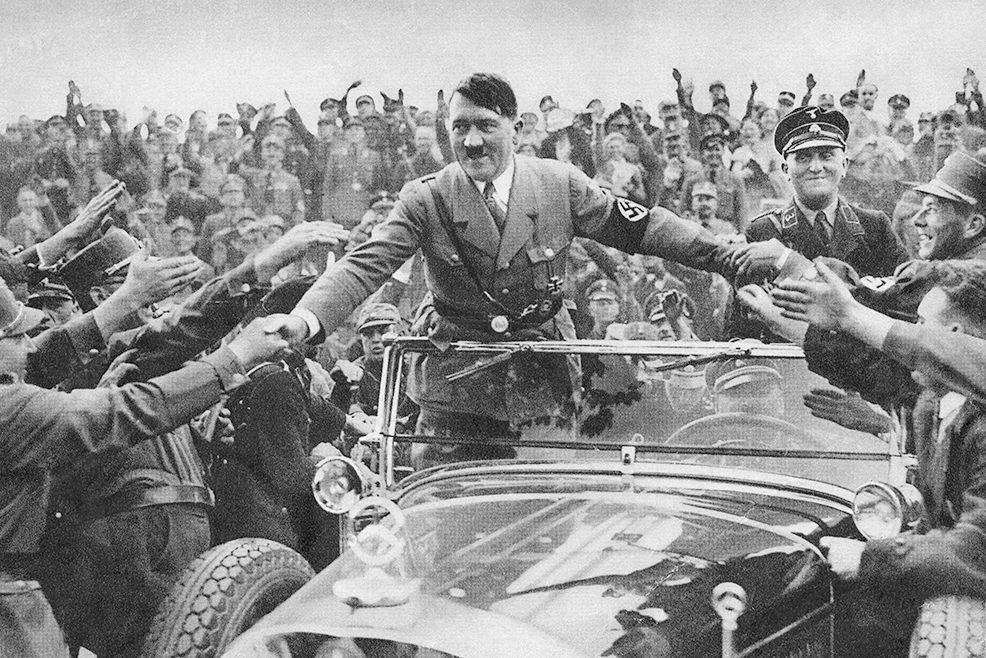Private chefs keep many secrets and are expected to go to their graves without sharing a morsel of gossip about their employers. Whether cooking for a pop star, tycoon or member of a royal family, chefs must guarantee confidentiality. Chatter can be career-ending or lead to lawsuits. For a few such cooks, revelations could even end in execution.
When the Polish journalist Witold Szablowski came up with the winning idea of writing a book about what some of the world’s most notorious dictators ate, it proved a difficult task. Finding just a few living examples of their chefs took more than two years; persuading these individuals to tell their secrets even longer. Many years after their former bosses had died or been deposed, they were still afraid of their past. One chef featured here — who cooked for the Albanian dictator Enver Hoxha — still insists on an assumed name, Mr K, even though Hoxha died in 1985.
But Szablowski’s dogged pursuit across continents was rewarded. He found Otonde Odera, a Kenyan from the same tribe as Barack Obama, who was Idi Amin’s trusted head chef. In Cambodia he met Pol Pot’s cook of many years, Yong Moeun, and was perplexed to find himself laughing with the woman who had catered for her master in the jungle amid genocide. Two Cuban chefs, known only as Erasmo and Flores, bring Fidel Castro’s dining table to life, and Abu Ali, the private chef of the paranoid Saddam Hussein, tells of food-tasters, and describes the despot’s favorite ‘thieves’ fish soup.
Szablowski allows them to tell their stories in their own words and takes each account as he finds it. You can believe what you want, but the details they provide add to the authenticity. Was Amin a cannibal? No, says Odera: ‘I swear to God I never saw such a thing…I never saw any meat of unfamiliar origin, or that I had not bought myself.’
There seems no point in wondering how anyone could cook for a monster. Surely these chefs knew of the tortures, kidnappings, gulags and executions? Of course, they did — or a version at least — but they were no less vulnerable than anyone else. They may have enjoyed the ability of pleasing their employers with their cooking but, often recruited without choice, they had no power to save themselves, let alone others. Apart from Yong Moeun, an out-and-out comrade, all appear to be apolitical.
Mr K offers the faint hope that his skills might have had a taming effect. When cooking for Hoxha, who suffered from diabetes, he claims he may have been responsible for lifting the dictator out of some his foul moods with a little adjustment to his blood sugars, delivered by a sweet morsel:
‘Naturally, I’d make it using sugar for diabetics, just a small portion, and only after consulting his nurse. But I knew that on those days Hoxha needed something sweet. And that it’d be better for all of us, for the entire country, if he was served a dessert.’
As for the autocrats’ favorite dishes, you’d rather hope to hear they’d enjoyed ingredients that civilized people would shun. But sadly there are no gruesome tales of dear leaders pincering out the brains of live monkeys or dining on chargrilled dog. Disconcertingly, the menus made me feel hungry and simultaneously guilty. The dishes mentioned are typically provincial. Saddam loved lentil soup and grilled fish; Pol Pot a sharp, raw papaya salad; Amin his steak-and-kidney pie and chocolate pudding (taught to Odera by a former employer, an ex-pat memsahib) and Castro a simple dish of chicken and mango.
The chefs survived, captive in a sense, having slaved to please the palates of monsters, but relatively safe from the firing squad, garrote or being fed to crocodiles. Odera had the narrowest escape when Moses, Amin’s son, ate too much pilaf and had stomach pains. Knowing that he would be accused of poisoning the child, Odera rushed him off to the dictator’s family doctor and telephoned the palace to explain:
‘Amin was going out of his mind, shouting ‘Poison! Poison!’ Later I found out that he had been holding the phone in his left hand while putting a pistol to the head of one of his other cooks with his right.’
Just in time the boy’s pains ended with a noisy fart that saved Odera’s life. It must have crossed the general’s mind just before pulling the trigger that he’d only have to find another chef to cook his favorites.
This book tells all that we know about the power of good suppers, whoever they are fed to.
This article was originally published in
The Spectator’s UK magazine. Subscribe to the US edition here.

























